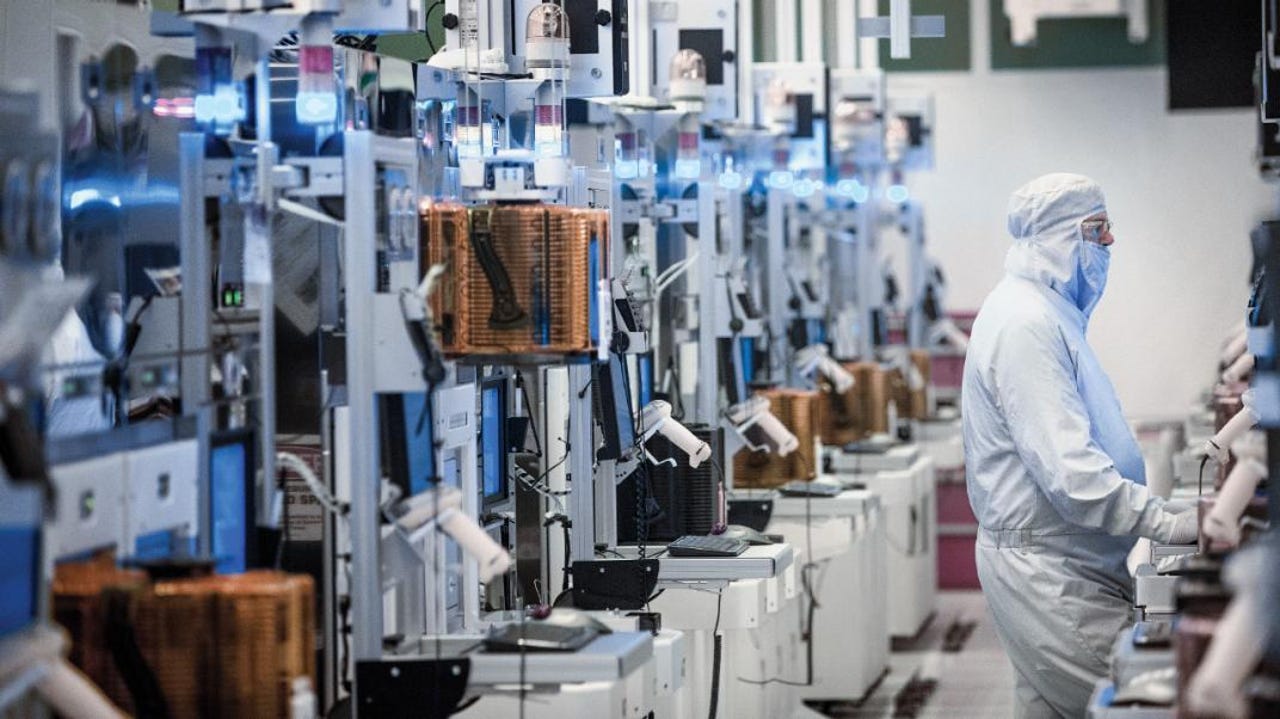Intel, ARM forge foundry partnership in bet on manufacturing prowess


Intel will start manufacturing ARM processors under a collaboration that is likely to be a big boost for the chip giant's custom foundry business.
At the Intel Developer Forum, Intel and ARM announced a collaboration between the companies for ARM's Artisan physical intellectual property.
The short version here is that Intel Custom Foundry will be able to make processors based on ARM in what could help meet mobile and Internet of things chips.
Intel recently restructured to focus on the data center and Internet of things and downplay the PC business a bit. Through the years, analysts have repeatedly said that Intel's core strength is manufacturing and it could grow further by making processors for other companies. The partnership with ARM could pave the way for Intel to manufacture processors for Apple.
IDF 2016: Intel CEO Brian Krzanich unveils Project Alloy | Intel looks beyond PCs to the cloud and Internet of Things | Intel cuts 12,000 jobs as it bets on IoT, data center over PCs
In a blog post, Intel said its foundry business will offer turnkey manufacturing for systems on chips. Intel added that its 10 nm manufacturing processes will boost efficiency. Intel has partnered with ANSYS, Cadence, Mentor Graphics and Synopsys previously and is making chips for LG Electronics and Netronome to name a few.
ARM, which was recently acquired by Softbank, said all the major foundries now offer its Artisan platform. ARM noted in a blog post:
Despite press stories, Intel and ARM have worked together for years to help enable the ecosystem, and this is just the latest milestone in that long-standing relationship.
Patrick Moorhead, principal of Moor Insights and Strategy said that Intel "now has the capability and the IP to produce nearly any kind of silicon in their state of the art fabs." The upshot is that Intel's mobile foundries will be busy whether it is manufacturing its own processors or another company.
The other thread is that Intel's foundry business has the fuel to grow and challenge the likes of TSMC, GlobalFoundries and Samsung. A big customer like Apple could use Intel to diversify its supply chain.